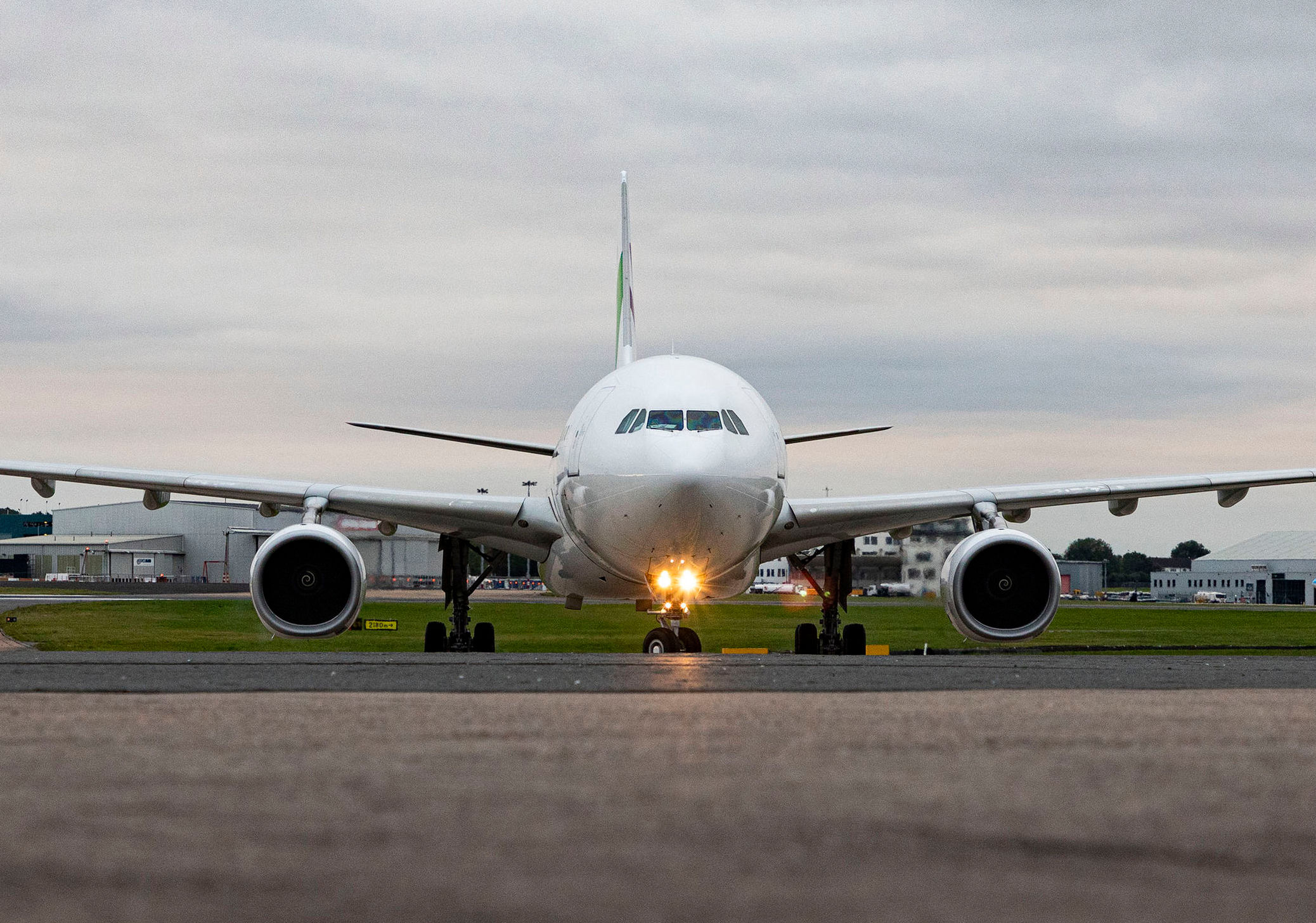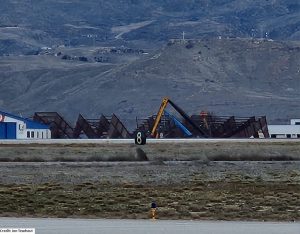Two decades ago, when nearly
3,000 people were killed after four US airliners were hijacked by terrorists
and flown into the World Trade Center towers and the Pentagon in the United
States, air travel changed. With enhanced airport security, air
travel has become stressful for customers.
Also Read: 9/11 attack: How these three anchors covered the tragic incident
Here’s how air travel was before
the 9/11 attack –
Airport screening was looked
after by private companies and not government –
Two
months after the attacks, the Transportation Security Administration was
created as part of the Aviation and Transportation Security Act to screen
travelers at airports in the United States. It gave the federal administration
full responsibility for all airport screenings which was previously outsourced
to private security companies. TSA employees now inspect bags for items that
are banned and screen passengers for suspicious behaviours.
Also Read: ‘Worth’ movie review: Weighing the personal losses of 9/11
Items like blades and scissors were allowed onboard
Prior
to the 9/11 attack, an airline passenger could bring all sort of items through
security, including blades up to four inches. as the FAA did not consider the
items menacing. Apart from blades, scissors, baseball bats, box cutters,
knitting needles and darts were also allowed on board flights. Post the
attack, all these items were banned. In 2006, TSA also banned passengers from
carrying liquids in carry-on luggage. This measure was taken after terrorists
tried to detonate liquid explosives carried onboard 10 flights that were flying from
the United Kingdom to the United States.
Also Read: Disputes surround film based on construction of 9/11 museum
Passenger’s behavior at the
airport rarely caused an alarm
In
2015, The Intercept obtained a confidential list of behaviours that TSA
agents look out for to “spot terrorists.” The behaviours mentioned in
the list include “exaggerated yawning,” “gazing down” , “widely open
staring eyes”, “rubbing or wringing of hands” and “wearing improper attire for
location.”







